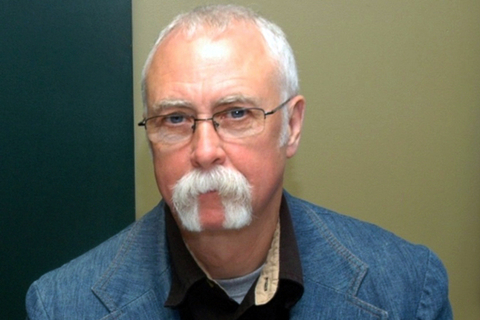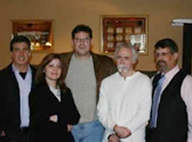
On July 6, 1986, newlyweds Dyke and Karen Rhoades were repeatedly stabbed and murdered and their home set on fire in Paris, Illinois. In 1987, Herbert Whitlock and Randy Steidl were arrested and convicted, based on the testimony of two alcoholics, Deborah Reinbolt and Darrell Herrington.
Reinbolt and Herrington claimed to have been present during the murders, even though their individual testimonies didn’t include seeing each other at the crime scene. Both witnesses recanted their testimonies, then recanted their recantations and Reinbolt went on to recant her testimony and then to recant her recantation one more time.
While Randy Steidl was convicted on both murder counts, Herb was convicted of only killing Karen. Randy received the death penalty, while Herb received a life sentence. Both men continued to claim their innocence.

Then in 2000, because of new evidence, the Illinois State Police reopened the case, assigning Lt. Michale Callahan to head the investigation.
Callahan found numerous inconsistencies and evidence of misconduct that ultimately led him to conclude that the wrong men had been convicted of the murders. When he reported back to his superiors, he was told that the case was “too politically sensitive” and to drop the investigation. His story can be read in his newly released book, “Too Politically Sensitive”. You can visit Callahan’s website for more details.
Both Herb and Randy continued to pursue appeals and were repeatedly denied until Randy’s case was heard by a federal court judge, who ordered a new trial. After intensive review of Randy’s case, Attorney General Lisa Madigan dropped all charges against him and he was released in May 2004.
Working with Richard Kling and Susana Ortiz from the Chicago-Kent College of Law, Project Investigator Bill Clutter, assisted by UIS students, provided evidence which led to an appellate court decision that resulted in Whitlock’s release in January 2008.